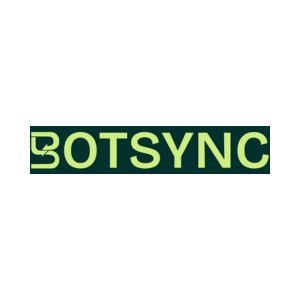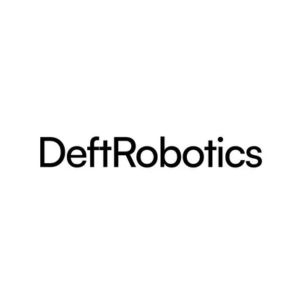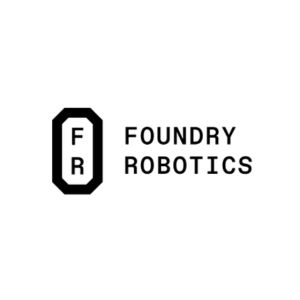
Startups & Business News | Glossary
What Is a Data Center?
A data center is a specialized physical facility or complex that houses computing infrastructure—including servers, storage systems, networks, and other IT equipment—used by organizations to process, store, manage, and disseminate large volumes of digital data and applications. These facilities are foundational to the operation of websites, cloud services, enterprise IT systems, and mission-critical business operations.
Core components of a typical data center include:
Servers for hosting applications and processing data.
Storage systems for saving and managing information.
Networking equipment like routers, switches, and firewalls for secure data transfer.
Environmental controls (cooling, power supply, fire suppression) to ensure operational reliability and system longevity.
Security measures (physical and digital) for safeguarding against unauthorized access and threats.
Modern data centers have evolved from single, on-premises rooms dedicated to IT hardware to complex, distributed environments. Today, they support traditional enterprise workloads as well as cloud-native applications across on-premises, colocation, edge, and hyperscale (cloud provider) formats. Innovations like virtualization, multi-cloud strategies, AI workloads, and energy-efficient design have transformed data center architectures for scalability, security, and sustainability.
Data centers play a critical role in ensuring business continuity, delivering essential online services, securing sensitive information, and enabling robust digital transformation. As global data usage grows, next-generation data centers are designed for greater efficiency, resiliency, and compliance with evolving industry standards and data regulations.
Key types of data centers:
Onsite data centers (enterprise-owned and operated).
Colocation facilities (shared or leased spaces in third-party sites).
Hyperscale data centers (operated by cloud providers, supporting massive workloads).
Edge data centers (distributed locations closer to end users for lower latency).
Data centers are a backbone of the digital economy, powering everything from e-commerce and artificial intelligence to IoT and financial services.
Trending Companies
Latest Articles
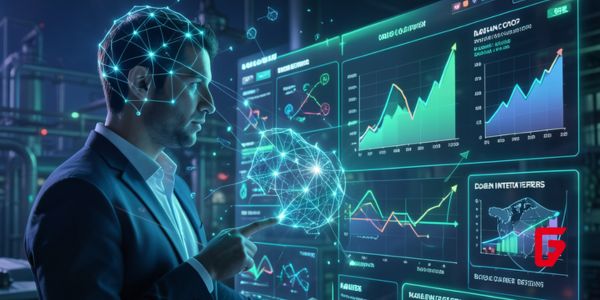
AI-Driven Operational Excellence: How Leaders Scale Ownership, Discipline, and Continuous Improvement in 2026
In 2026, AI scales operational excellence fundamentals—clear ownership, disciplined execution, and continuous improvement—letting leaders focus on outcomes while systems handle

VoiceLine raises €10M to scale voice AI for enterprise frontline teams
Munich-based VoiceLine has closed a €10M Series A round to grow its voice AI platform for frontline sales and service
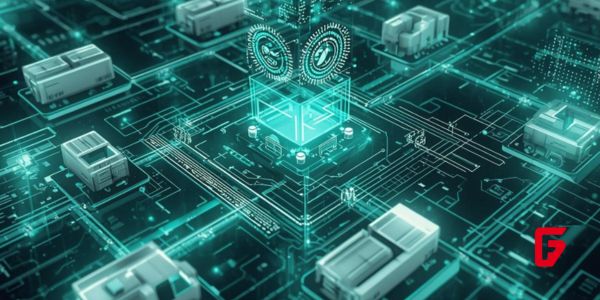
AI-Driven Logistics & Distribution Transformation: From Insight to Scalable Impact
AI is redefining logistics transformation—from network design to real-time execution. This article explores how data-driven insight, intelligent automation, and scalable
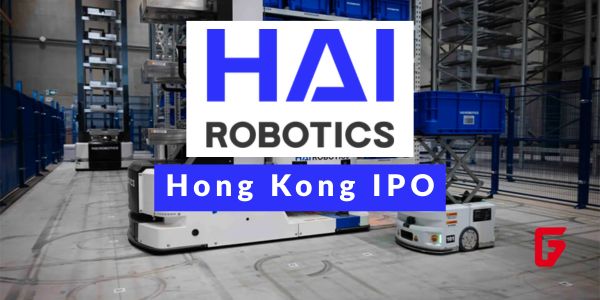
Hai Robotics Hong Kong IPO: From Startup Funding to Warehouse Robot Leader
Shenzhen’s Hai Robotics, pioneer in ACR warehouse robots, files for HK IPO after raising over $500M in funding rounds led
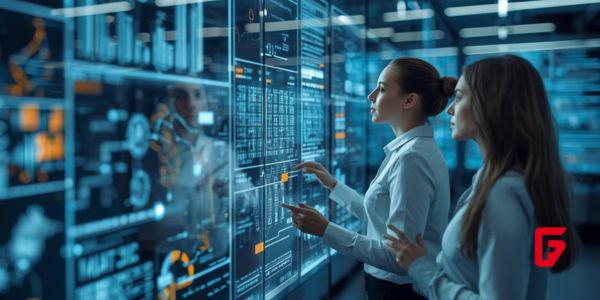
AI-Enabled Process Engineering & Continuous Improvement: Designing Systems That Learn
Explore how AI transforms process engineering and continuous improvement into self-learning systems. This article explains how organizations can design operations
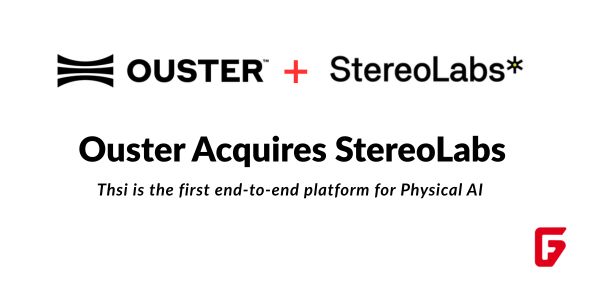
Ouster Acquires StereoLabs: Unified Physical AI Sensing Platform Launches
Ouster’s $35M StereoLabs acquisition fuses lidar and ZED cameras into end-to-end Physical AI sensing. Founders Cecile Schmollgruber and team drive
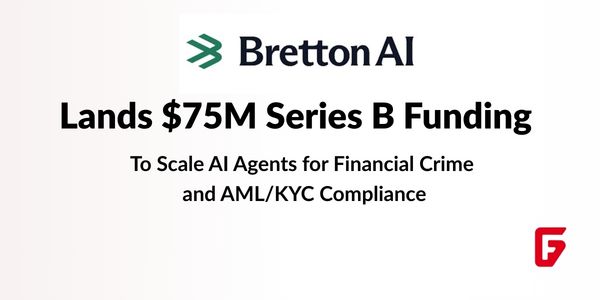
Bretton AI Lands $75M Series B Funding to Scale AI Agents for Financial Crime and AML/KYC Compliance
Bretton AI’s $75M Series B modernizes AML KYC compliance via AI agents, slashing staffing costs for banks and fintechs like

Axiom Space Raises $350M to Build Commercial Space Station and NASA Spacesuits
Axiom Space has locked in a fresh $350M raise to push its commercial space station and NASA lunar spacesuits toward
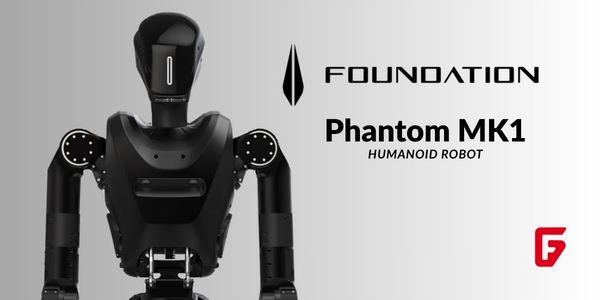
Foundation Humanoid Robot: Phantom MK1 Overview, Military Plans, and Factory Deployments
Foundation’s Phantom MK1 humanoid robot hits factories and eyes military use. Check specs, pilots, and bold 50k goal by 2027.
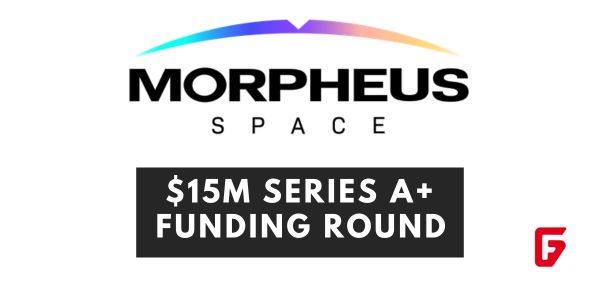
Morpheus Space Raises $15M for GO-2 Electric Propulsion Mass Production
Morpheus Space secures $15M funding for GO-2 electric propulsion mass production. Learn how this boosts satellite mobility with efficient thrusters.
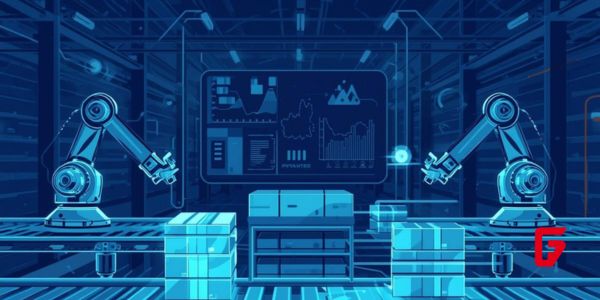
Designing Warehouse Automation Through Operating Strategy
Discover how leading companies design warehouse automation through integrated operating strategies. Learn how AI, robotics, and adaptability drive efficiency and

Bedrock Robotics Raises $270M Series B: Autonomy for Construction Boom
Exciting news: Bedrock Robotics just scored $270M in Series B to power up autonomous machines on job sites. Led by
futureTEKnow is focused on identifying and promoting creators, disruptors and innovators, and serving as a vital resource for those interested in the latest advancements in technology.
© 2026 All Rights Reserved.

